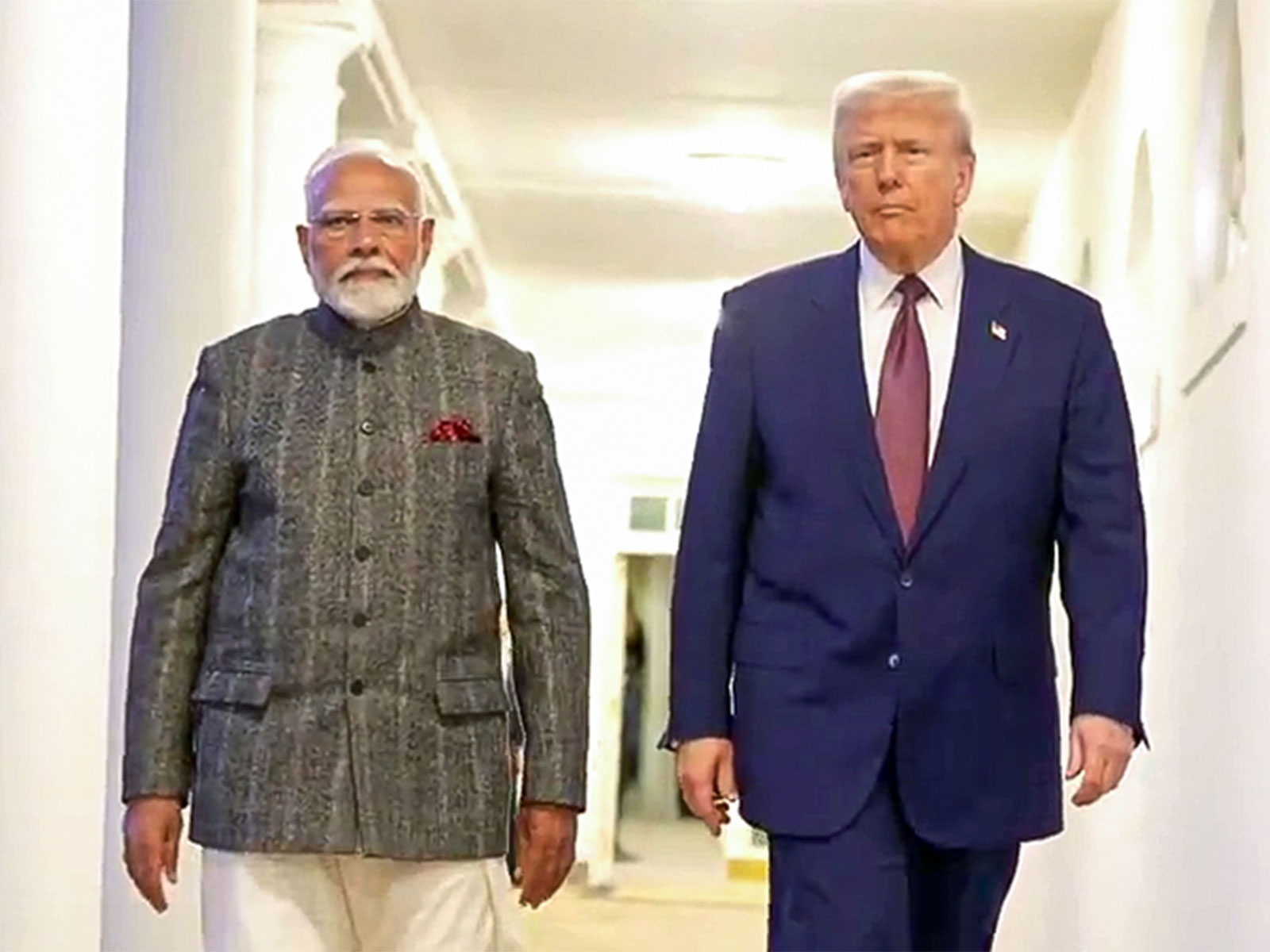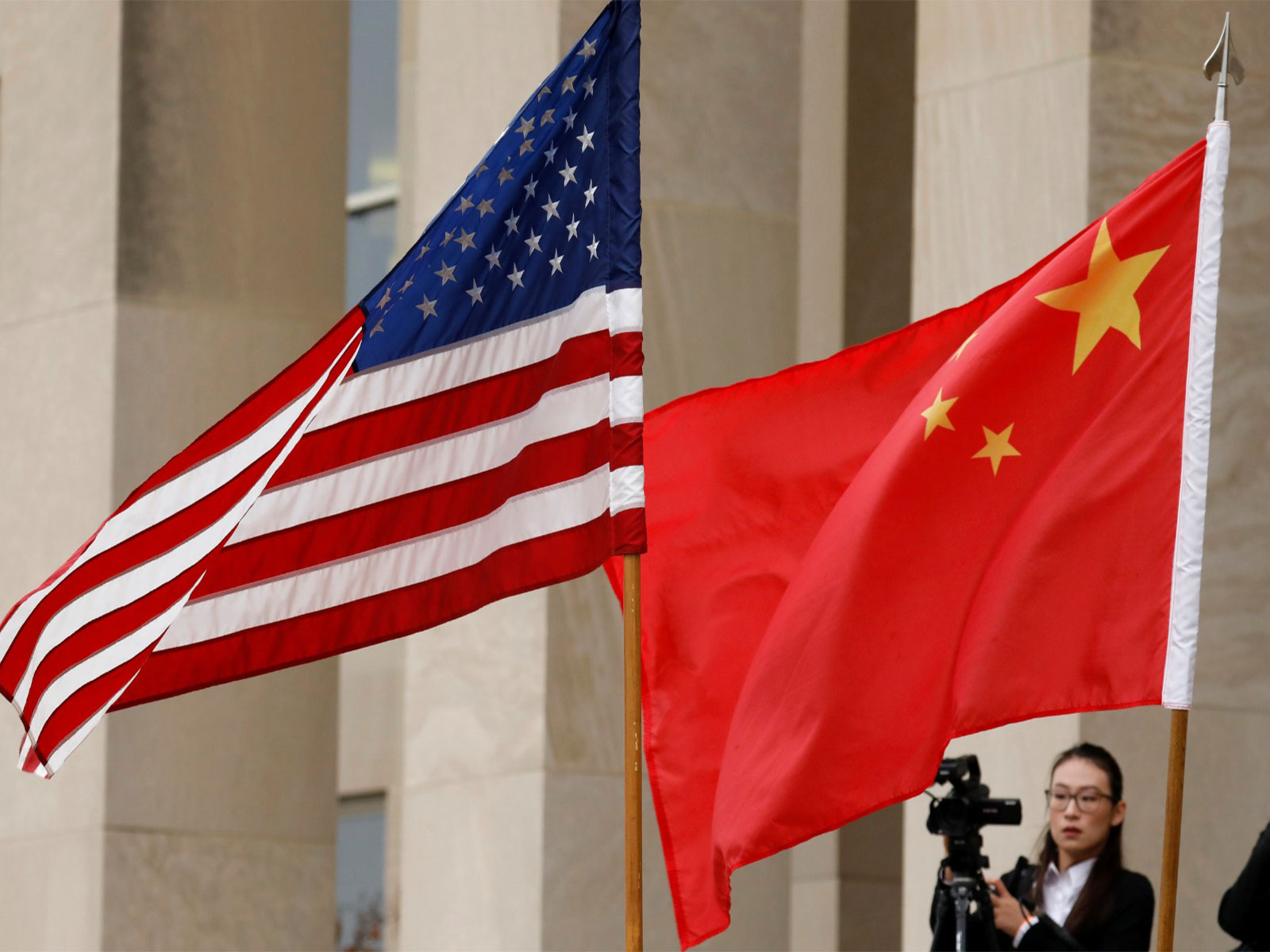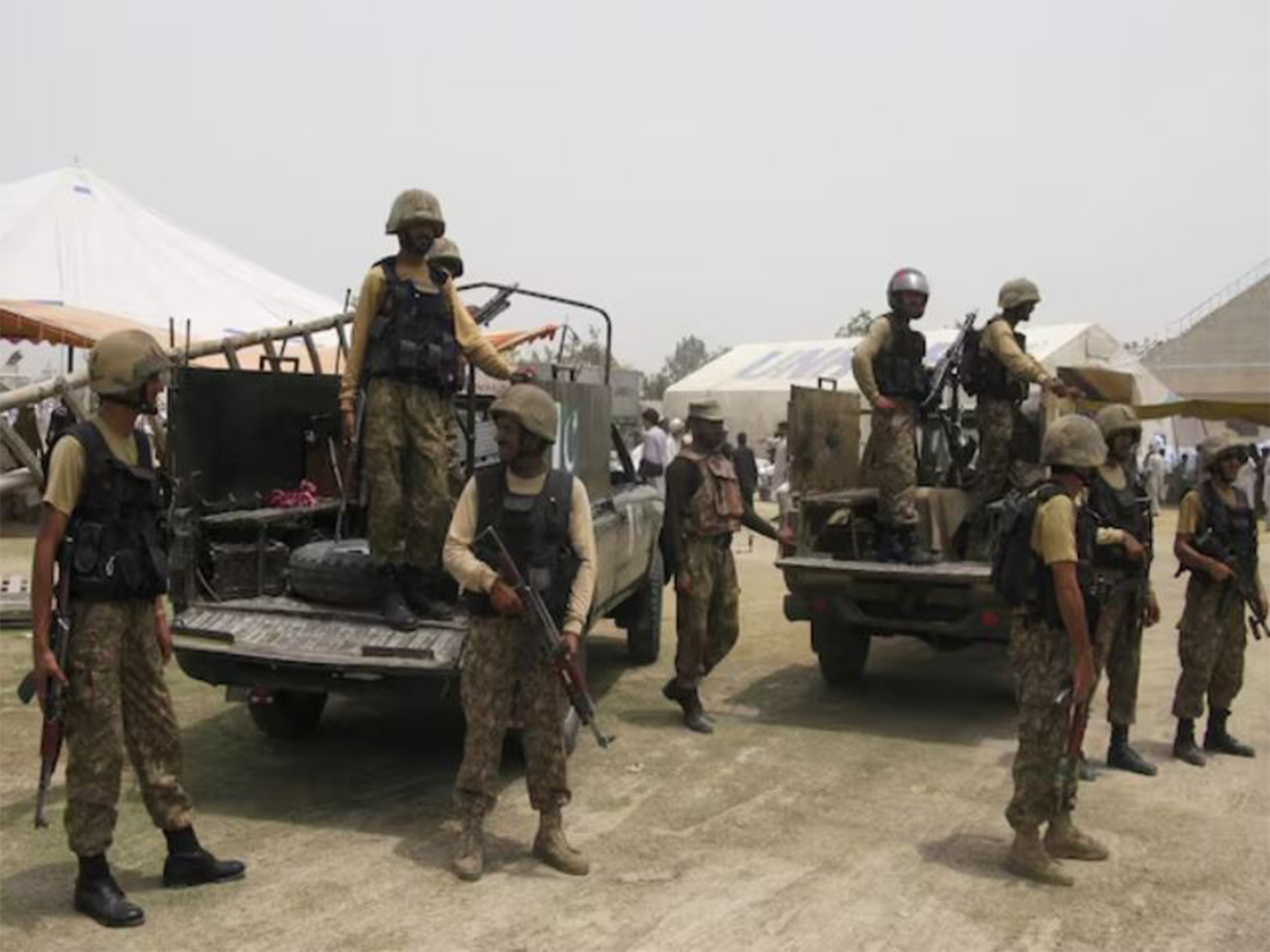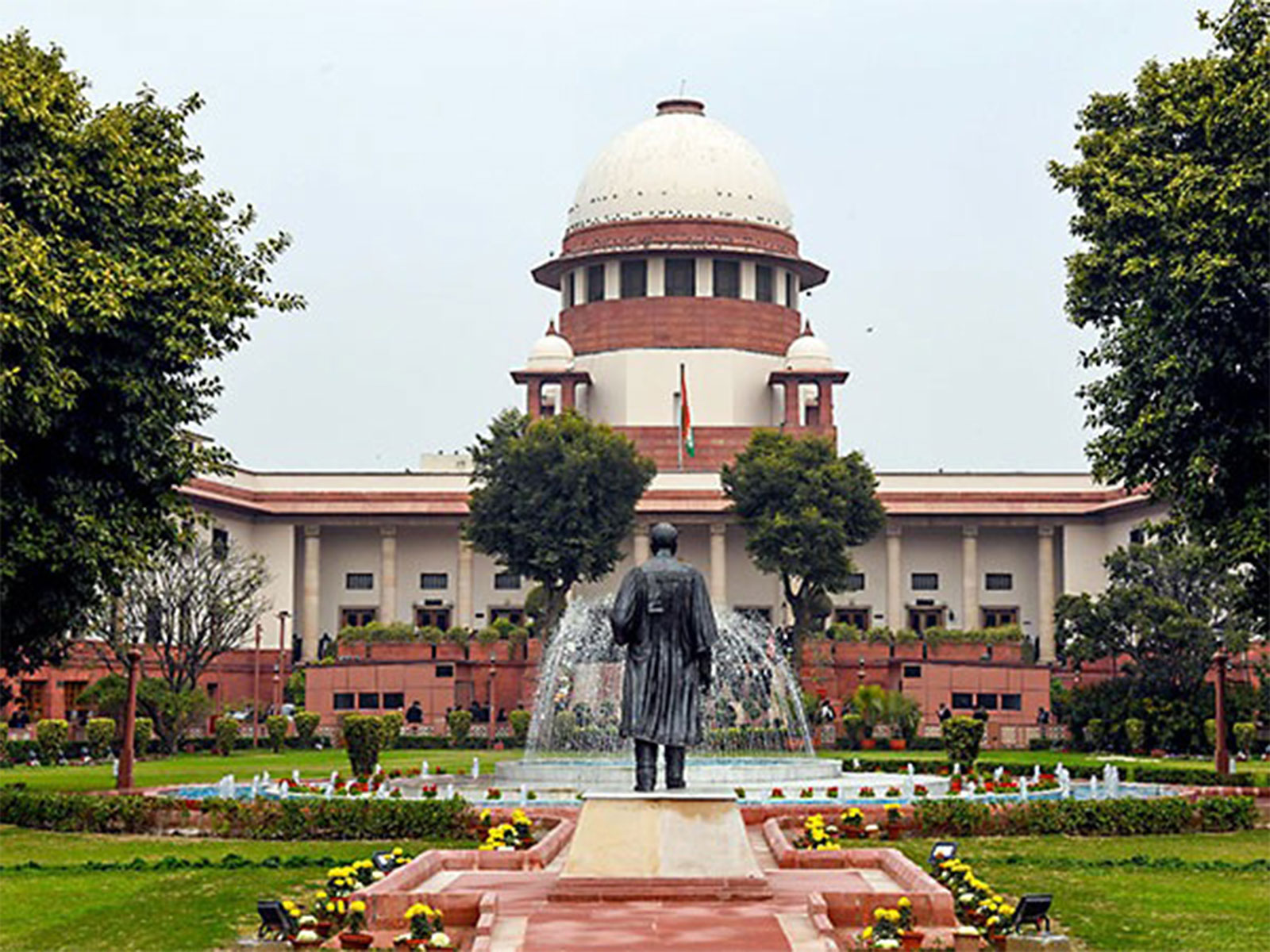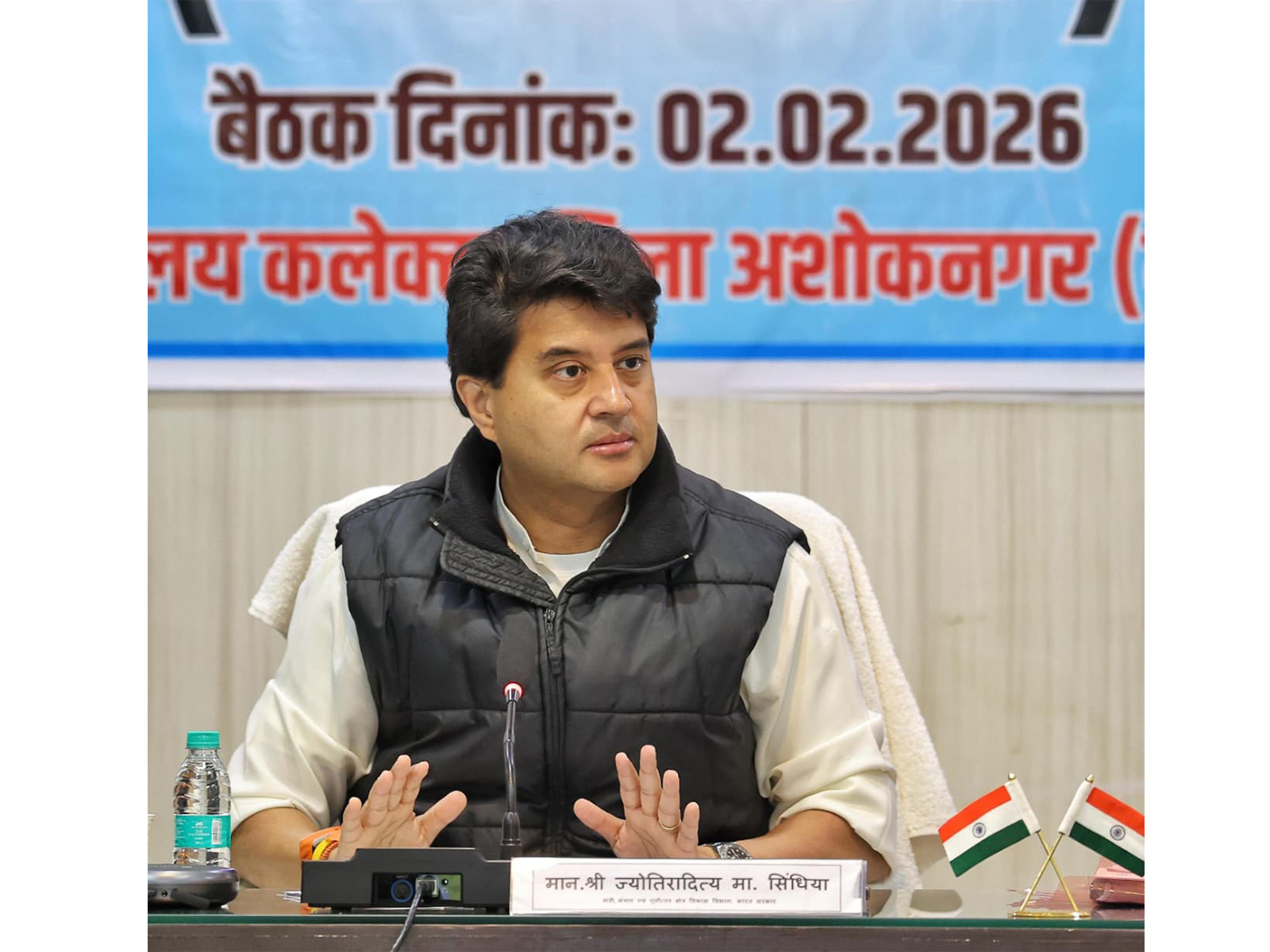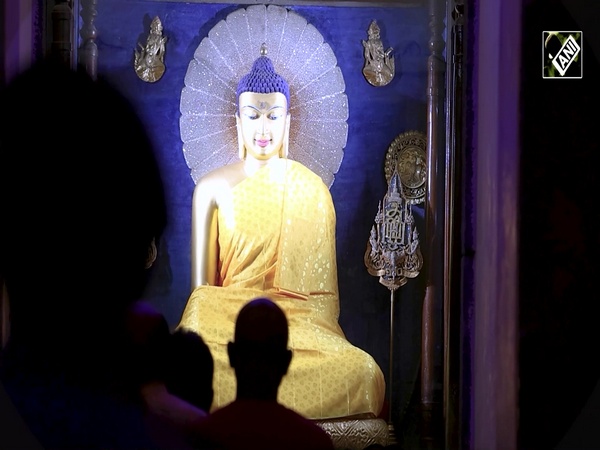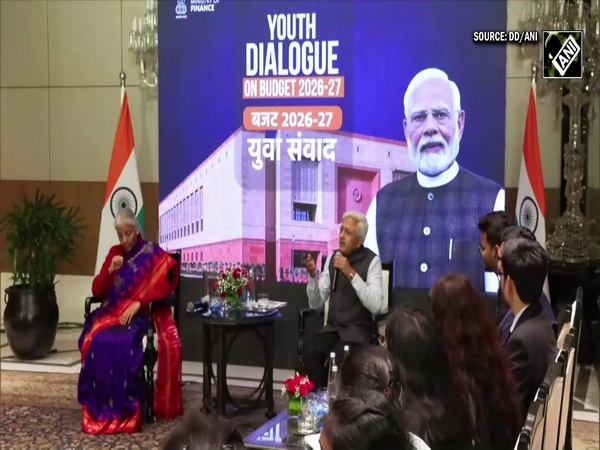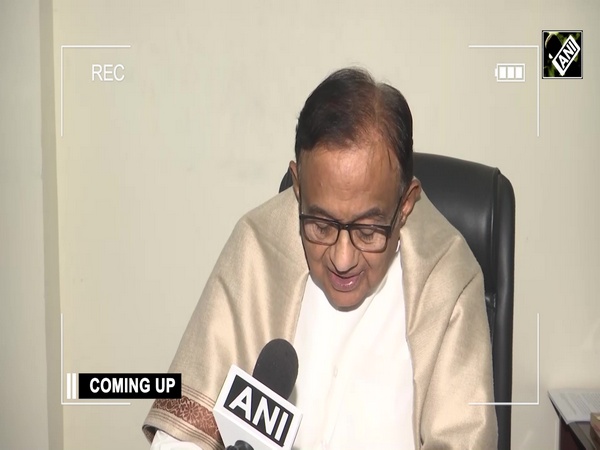Freedom of speech under scrutiny as Pakistan's Punjab reportedly bans yet another book
Jun 20, 2024

Islamabad [Pakistan], June 20 : The Government of Punjab province in Pakistan has recently ignited controversy by imposing a ban on Nigel Kelly's textbook 'The History and Culture of Pakistan', a widely utilised resource in O Level education across the country.
This decision, made without a transparent explanation, has sparked significant concern and debate among educators, intellectuals, and the general public.
Nigel Kelly's textbook has long been recognized for its state-approved rendition of Pakistan's history, making its prohibition particularly noteworthy.
The lack of clarity surrounding the ban has prompted strong reactions, with Pakistani journalist Arshad Yousafzai voicing apprehensions that resonate widely on social media platforms.
This latest ban adds to Pakistan's history of restricting access to books, a practice that has previously targeted internationally acclaimed works such as Salman Rushdie's "The Satanic Verses" and Taslima Nasrin's "Lajja", citing religious sensitivities.
Recent instances also include scholarly publications like Shemeem Burney Abbas's critical examination of blasphemy laws and Jaswant Singh's biography of Muhammad Ali Jinnah.
Despite such bans, prohibited books often continue to circulate unofficially or through alternative channels, highlighting the challenges of maintaining a balance between national security concerns and safeguarding the right to access information and diverse perspectives.
The controversy surrounding Kelly's textbook underscores broader debates on intellectual freedom in Pakistan, drawing attention to how governmental decisions impact educational curricula and public discourse.
Internationally, observers are closely monitoring these developments, concerned about the implications for academic freedom and freedom of expression in Pakistan.
The situation raises fundamental questions about the role of government in regulating educational materials and the potential consequences for a society's intellectual and cultural development.
